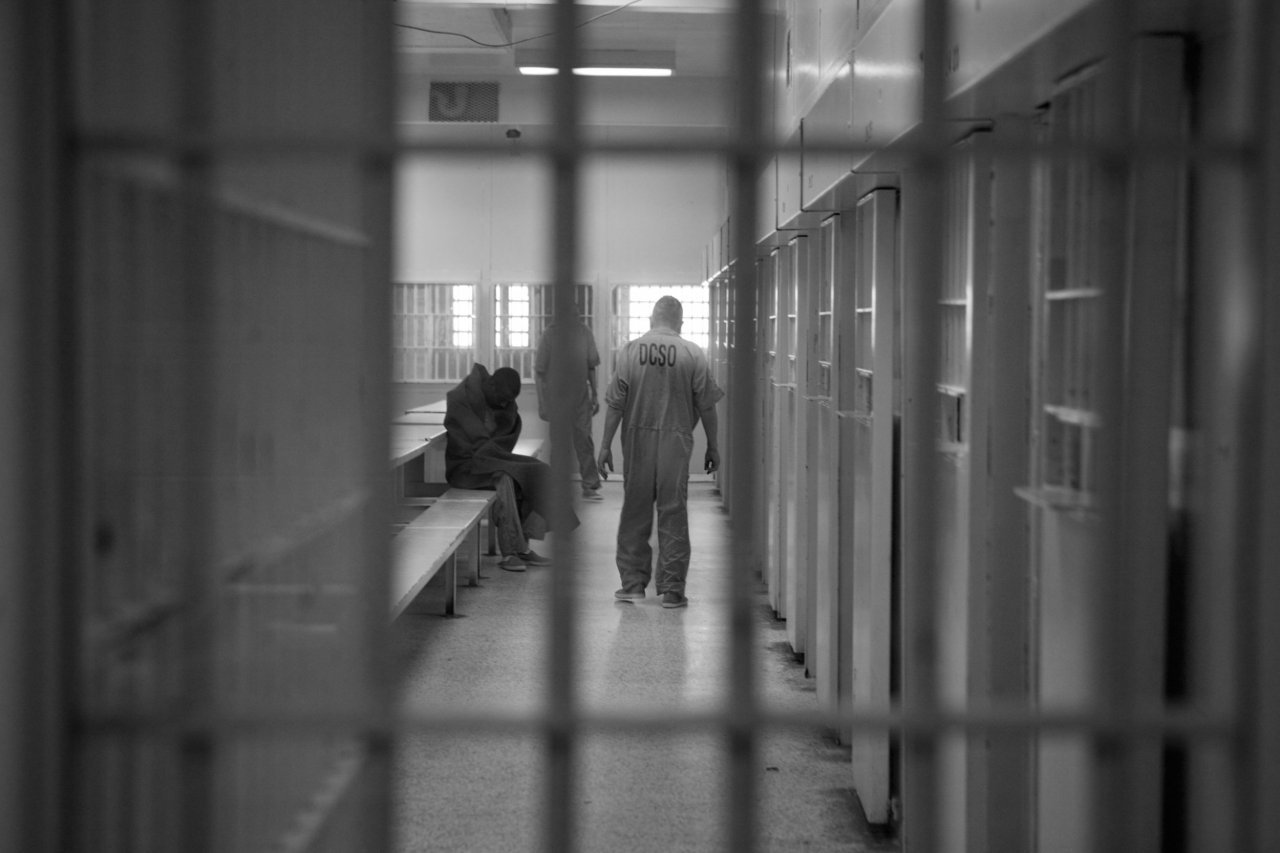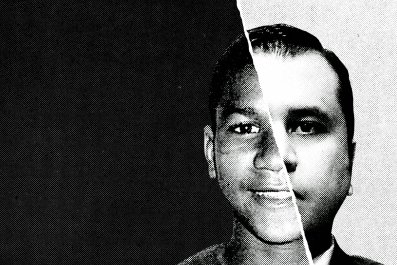ONE OF the most memorable moments in the original Frankenstein movie was when the mad doctor's benighted assistant stole a brain labeled "abnormal." Not surprisingly, the whole experiment went downhill from there, as the criminal cerebrum turned the doctor's creation into a monster. When David Eagleman, a bestselling author and neuroscientist at Baylor College of Medicine, talks about looking into the brain to change antisocial behavior, he risks evoking such old-movie clichés about "the criminal mind." In the past that kind of thinking led to a hideous form of brain surgery, the lobotomy, which took away not only the criminality but the entire personality of the subject. Eagleman knows the pitfalls, however. In his 2011 book, Incognito, and in recent lectures, he predicts that advances in our ability to detect tiny details of microcircuitry through neuroimaging, combined with training to control certain parts of the brain, can open the way for a more intelligent method of dealing with criminals. Detailed neural analysis should be a factor in sentencing and the focal point of therapy, says Eagleman. As he puts it, prisons have become America's "de facto mental-health facilities." It is time they started working on treatments that bring results.
David Eagleman Thinks Neuro-Imaging Could Help Treat Criminals

























